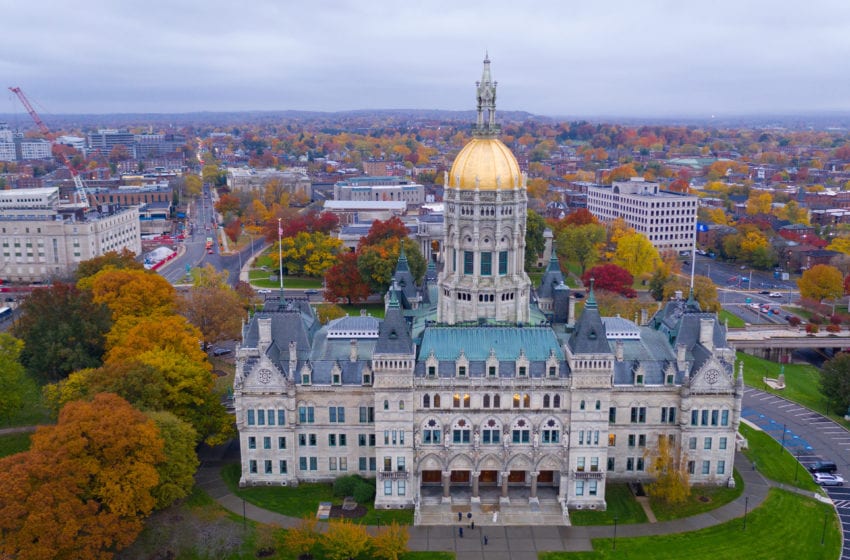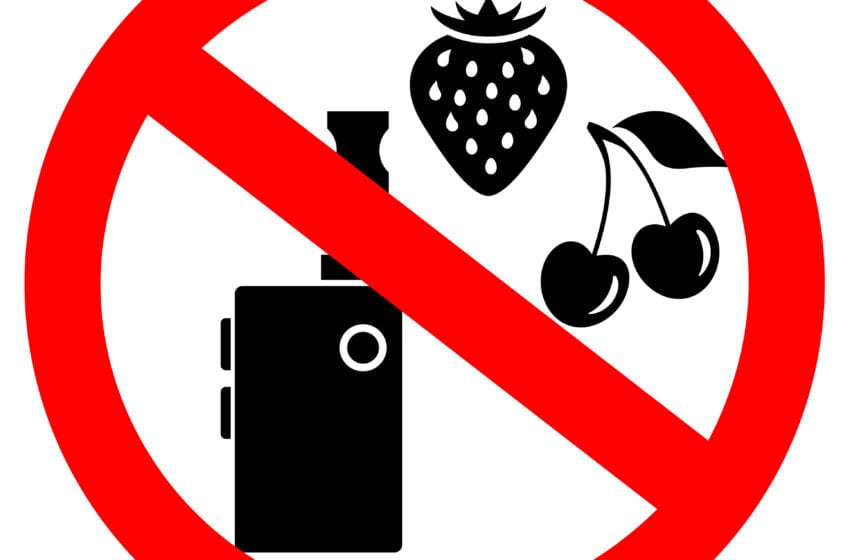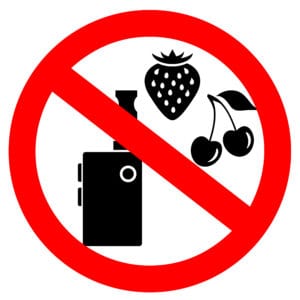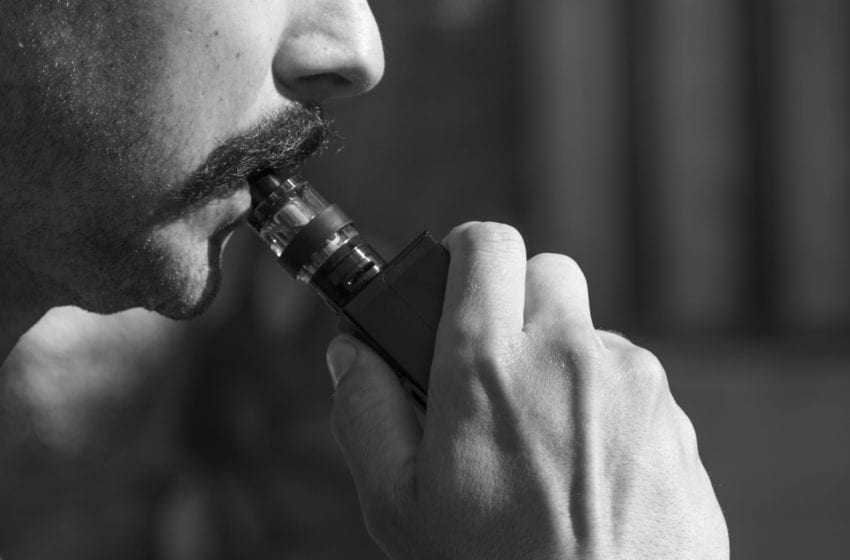
The Attorney General in Connecticut is suing five retailers for some of the most “egregious violations” related to the illegal sale of delta-8 products.
Attorney General William Tong filed the suits for alleged violations of the Connecticut Unfair Trade Practices Act over the sale of illegal delta-8 THC products mimicking popular youth-oriented snacks and candies.
Tong is additionally in the process of sending warning letters to all Connecticut-licensed retailers of electronic vaping products, according to a statement from Tong’s office.
The letters advise that sale of delta-8 THC by unlicensed retailers may be illegal in Connecticut. Products that exceed .3 percent THC on a dry weight are considered cannabis products and may only be sold in the regulated market.
Cannabis products sold outside of the regulated market continue to be illegal and may subject sellers to civil and criminal penalties.
“If you offer delta-8 THC products for sale in your establishment that exceed .3 percent THC on a dry weight basis and you do not hold such a license, you are in violation of Connecticut law,” Tong states. “For your information, we have included below photographs of products that were recently purchased from retailers in Connecticut that purport to contain delta-8 THC.
“The sale of such products may expose you to criminal and civil liability. Please remove any such products from your shelves and dispose of them immediately.”
Cannabis products in Connecticut cannot be sold by unlicensed retailers and must meet rigorous testing and packaging requirements.
Tong also recently submitted testimony concerning House Bill 6488 stating that he fully supports the state’s proposed ban on flavored vaping and other tobacco products.


















